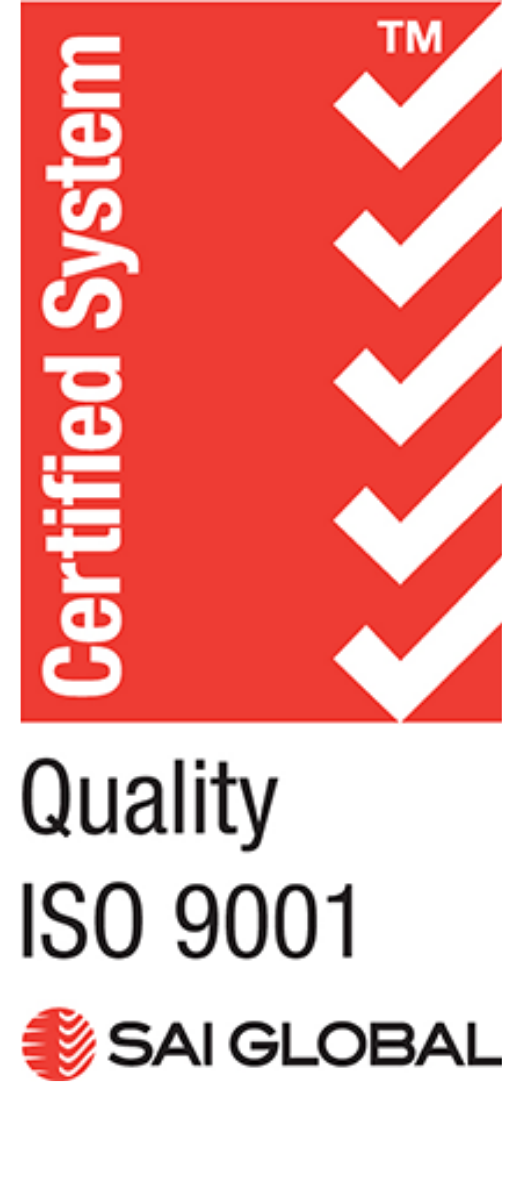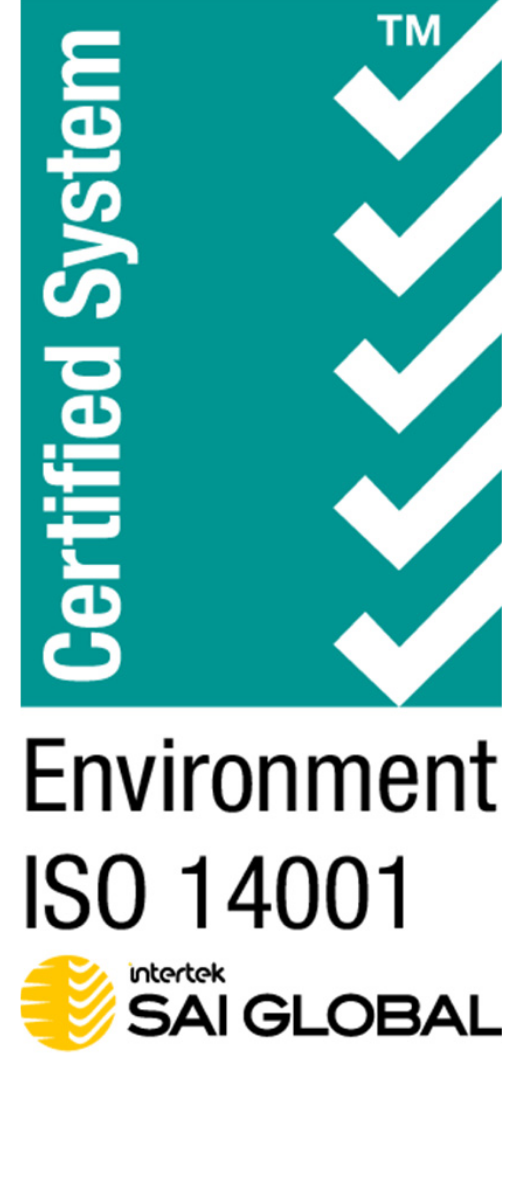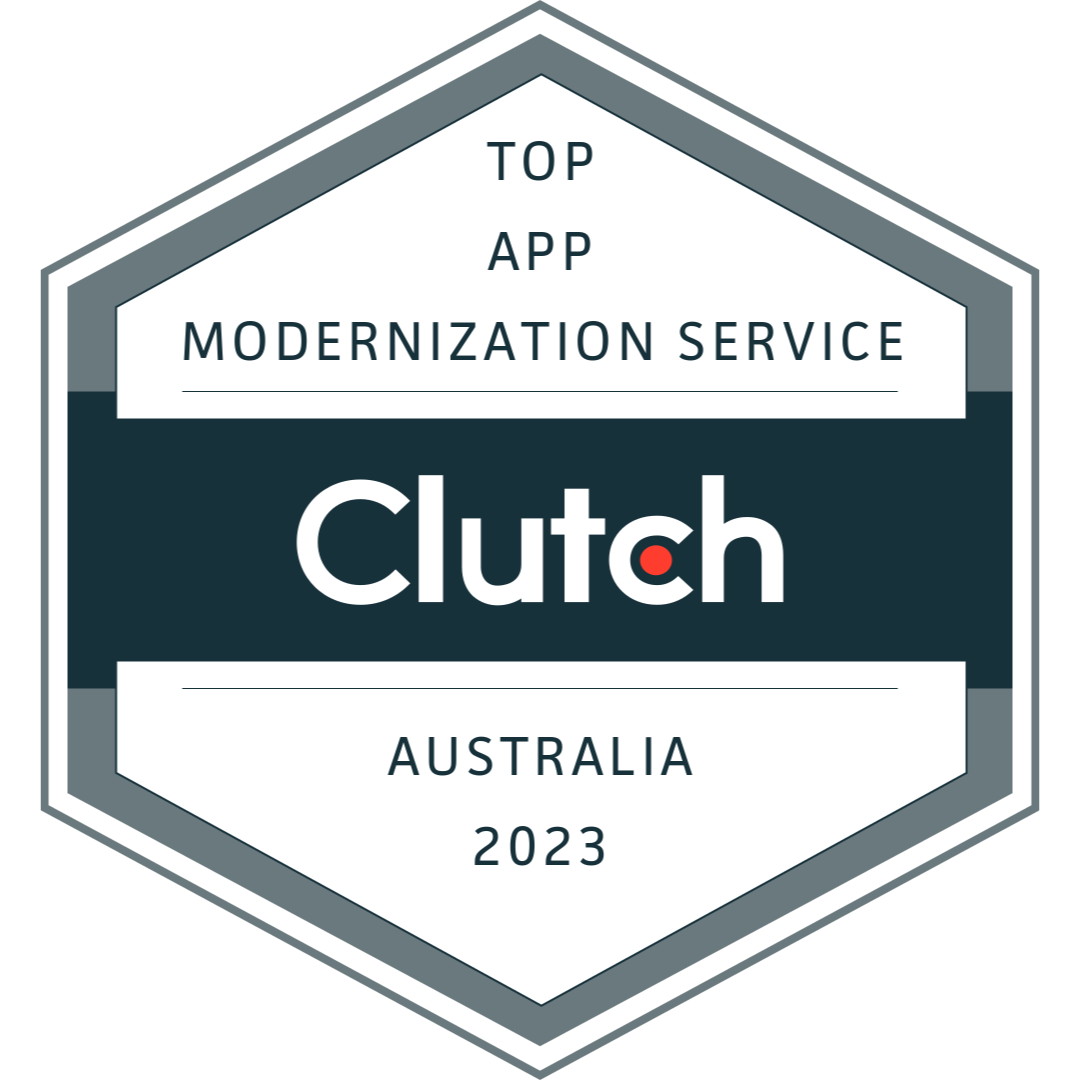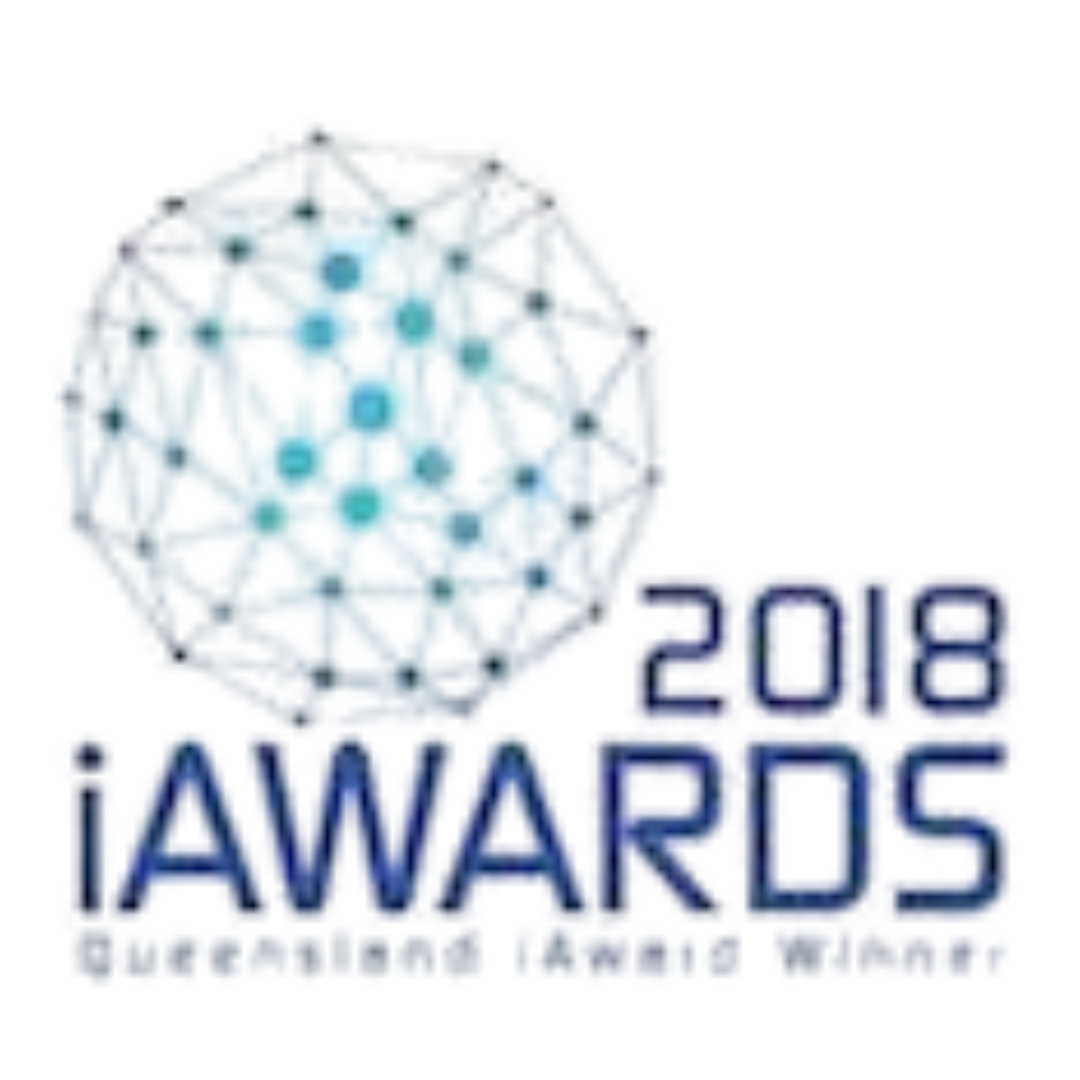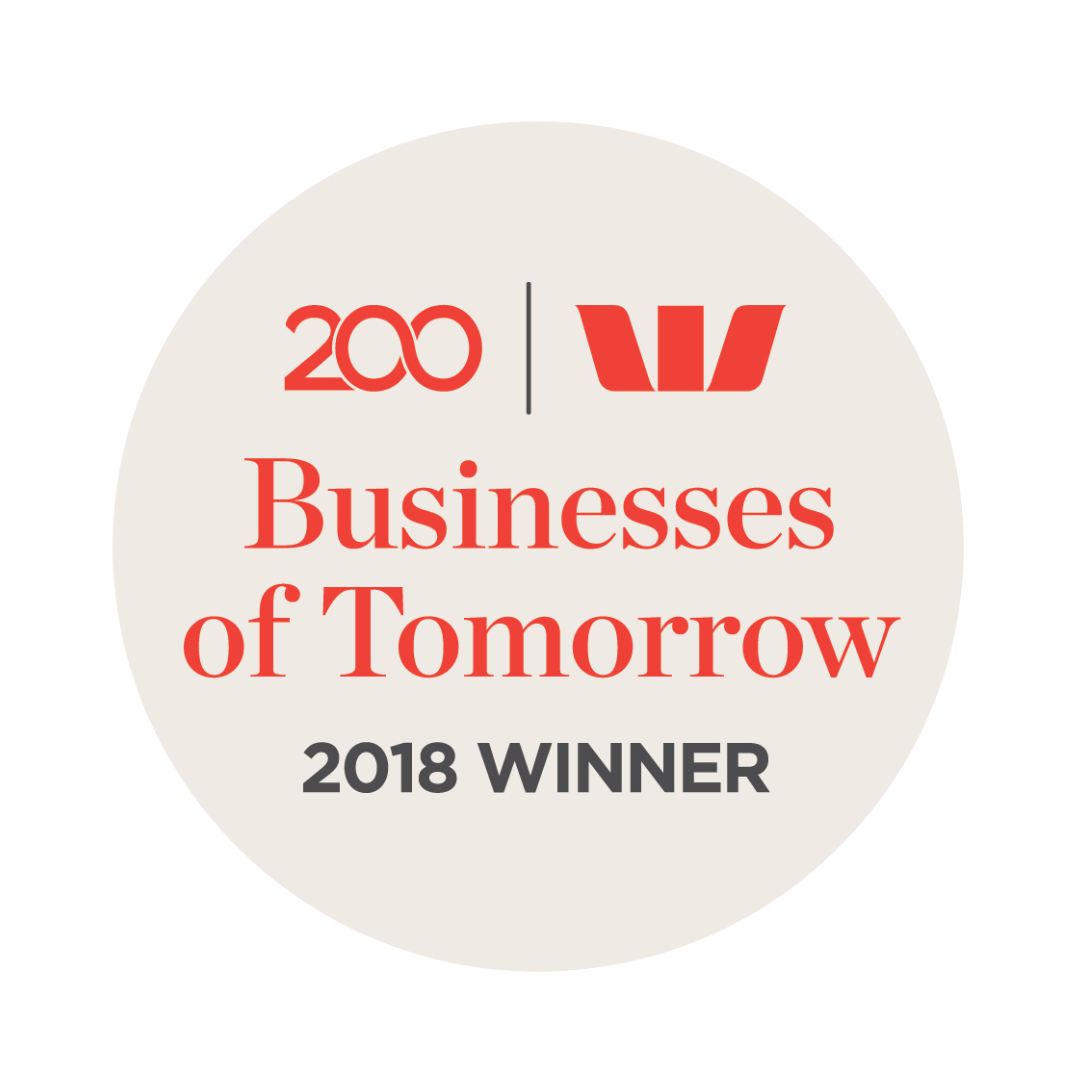Blogs
Stories, lessons and research from the WorkingMouse team on legacy modernisation, AI, and delivery.
Featured Articles
Latest Articles
Browse the most recent thinking from the WorkingMouse team across modernisation, AI, delivery and more.
How to Create a Narrow AI Product
Narrow AI products work because they focus on doing one defined job well rather than trying to solve everything at once. When domain expertise is clearly understood, it can be productised into focused AI capability that supports real workflows.
When Vibe Coding Stops Being Enough
Discover when vibe coding stops being enough. Learn why AI-generated prototypes stall and how to build scalable, secure production software with expert engineering.
How to Take Your Vibe Coded App to the Next Level
Learn how to evolve your vibe coded app from prototype to production. Our guide covers strengthening architecture, improving security, and adding resilience for real-world use.
What is Vibe Coding
Vibe coding is all about building software with natural language instead of writing every line yourself. It’s great for getting ideas off the ground, but when you need something scalable and secure, WorkingMouse can take it the rest of the way.
WorkingMouse Achieves Full Certification for ISO 9001 and ISO 14001
WorkingMouse is now fully certified in ISO 9001 and ISO 14001, joining our existing ISO 27001 and demonstrating our commitment to quality, environmental stewardship, and strong security practices.
Jidoka at MODELS 25
A recap of our Jidoka presentation from MODELS 25. It outlines how the approach helps teams modernise legacy systems in a more predictable and sustainable way.
Discover how modern software, the right delivery approach, and continuous modernisation can support your organisation.
Join our monthly newsletter & we’ll plant a tree.
As part of our commitment to sustainability and a greener future, we’re planting trees through Carbon Positive Australia in exchange for your contact details




.png)
